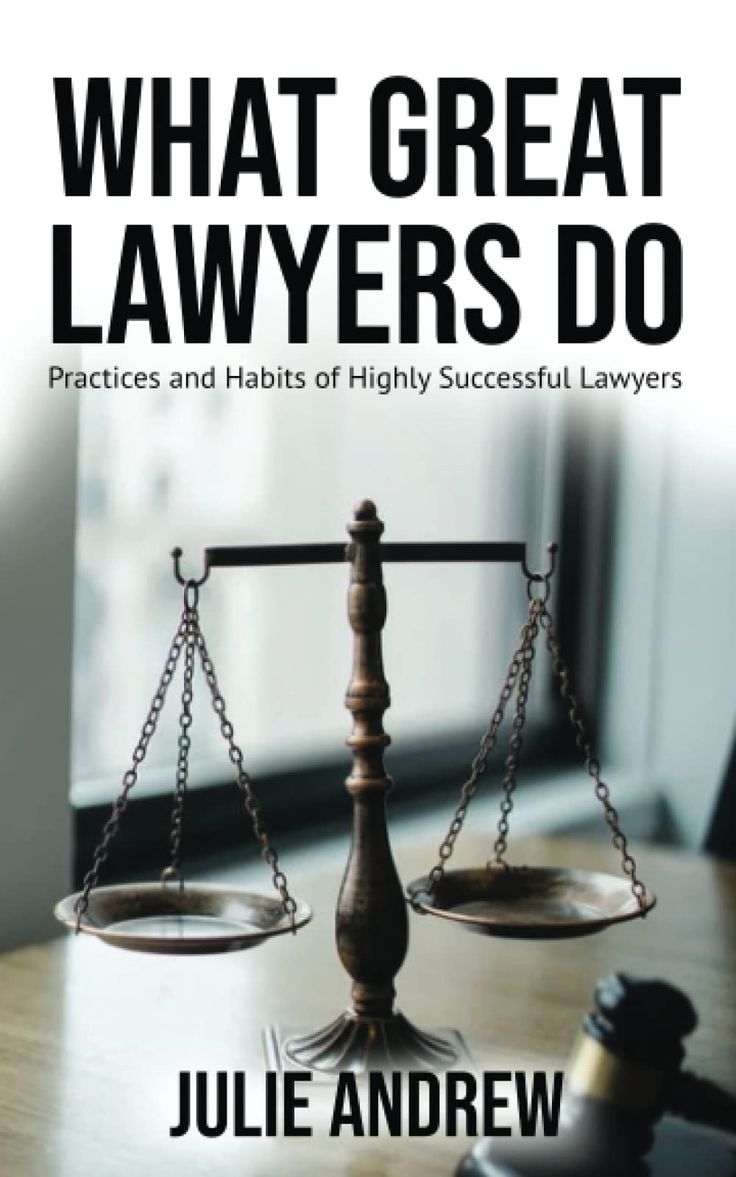A free consultation with a personal injury lawyer is a valuable opportunity to discuss your case and evaluate whether the attorney is the right fit for your needs. This article will guide you through what to expect during the process and how to make the most of it.
Why Free Consultations Are Important
Free consultations serve several purposes:
- Understanding Your Case: Lawyers use this time to assess the strengths and weaknesses of your case.
- Exploring Legal Options: You can learn about potential legal strategies and the likelihood of success.
- Evaluating the Lawyer: It allows you to determine whether the lawyer is competent and trustworthy.
Preparing for the Consultation
To make the most of your free consultation, it’s essential to come prepared. Follow these steps:
1. Gather Relevant Documents
Bring any documents related to your case, such as:
- Police reports
- Medical records and bills
- Insurance correspondence
- Photos or videos of the incident
- Witness statements
2. Create a List of Questions
Prepare a list of questions to ask during the consultation, including:
- What experience do you have with cases like mine?
- What is your approach to handling personal injury cases?
- How do you communicate with clients?
- What are your fees, and do you work on a contingency basis?
3. Be Ready to Discuss the Incident
The lawyer will need details about the incident, such as:
- How and when it happened
- Who was involved
- Any injuries or damages sustained
What Happens During the Consultation
Here’s what typically occurs during a free consultation:
1. Case Assessment
The lawyer will:
- Listen to your account of the incident
- Ask clarifying questions
- Evaluate the potential merits of your case
2. Legal Advice
You’ll receive preliminary legal advice, including:
- The strength of your case
- Possible outcomes
- Recommended next steps
3. Discussion of Fees
Most personal injury lawyers work on a contingency fee basis. During the consultation, the lawyer should explain:
- Their fee structure
- Any additional costs
- Payment expectations
4. Evaluation of Compatibility
This is your chance to assess whether the lawyer is a good fit for your needs. Consider their:
- Communication style
- Professional demeanor
- Experience with similar cases
Questions to Ask During the Consultation
Use the consultation to gather critical information by asking questions like:
- How long have you been practicing personal injury law?
- What is your success rate with cases like mine?
- Will you personally handle my case, or will it be passed to another attorney?
- How often will I receive updates about my case?
- What is your strategy for resolving cases efficiently?
Red Flags to Watch Out For
Be cautious of lawyers who:
- Guarantee a specific outcome
- Pressure you to sign a contract immediately
- Avoid answering questions about fees or experience
- Have poor reviews or lack references
After the Consultation
Once the consultation is complete:
- Review Your Notes: Reflect on the information provided and how comfortable you felt with the lawyer.
- Compare Multiple Lawyers: If possible, schedule consultations with a few lawyers to make an informed decision.
- Ask for References: Request client testimonials or references to verify the lawyer’s track record.
Popular Keywords for Personal Injury Lawyers
Here are some relevant keywords to help you refine your search:
- Personal injury lawyer free consultation
- Free consultation personal injury lawyer near me
- Top-rated personal injury lawyer
- Personal injury lawyer Los Angeles
- Best personal injury lawyer near me
Conclusion
A free consultation with a personal injury lawyer is an excellent opportunity to understand your legal options and choose the best representation for your case. By preparing in advance, asking the right questions, and evaluating the lawyer’s expertise, you can ensure a productive consultation that sets the stage for a successful legal outcome.
